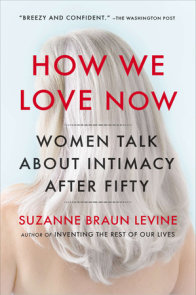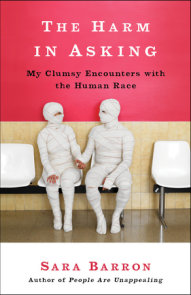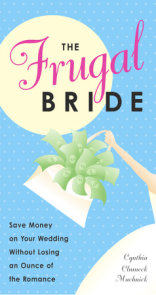READERS GUIDE
As we’ve seen in Mom Still Likes You Best, relationships between siblings are rarely perfect, but they are always complex and fascinating. The following questions are intended to generate lively, thought-provoking discussion among the members of your group.Introduction
A must-read for anyone blessed with or burdened by a sibling, Mom Still Likes You Best explores the sometimes heartbreaking but always meaningful ties between brothers and sisters.There’s a myth that good sibling relations do not include conflict, annoyance, resentment, or mixed feelings. Jane Isay argues that this is a destructive belief, one that makes people doubt the strength of their connection to those they grew up with. Siblings may love and hate, fight and forgive, but they never forget their early bonds. Based on scores of interviews with people of all ages, Mom Still Likes You Best features real-life stories that show how differences caused by family feuds, marriages, distance, or ancient history can be overcome in adulthood. The result is a clear-eyed but compassionate portrait of brothers and sisters in love and war—and a celebration of the possibilities that even the most complicated sibling relationships can offer.
Questions and Topics for Discussion
1. Jane Isay interviewed nearly one hundred people for this work, bringing diverse voices and circumstances to her book. Which of their stories resonated with you the most? Which ones were surprising, reflecting families that are very different from your own?
2. The book’s subtitle, “Unfinished Business Between Siblings,” brings to mind the kind of hurt that lingers, sometimes for a lifetime. What is the biggest emotional hurdle in your family history? What would it take to for you and your siblings to “finish this business”?
3. Part One, “Beginnings,” focuses on early childhood and its lasting effects. Reading these narratives, what are your impressions of the various parenting styles presented? How did your parents’ definition of a good mother and a good father compare to their parents’ definition? Do these generational differences create conflict in your family?
4. Do you and your siblings have similar Just So Stories—memories of childhood that, regardless of accuracy, help us make sense of our relationships? How does your family handle discrepancies in these Just So Stories?
5. What accounts for families that manage to laugh and find continual reasons to be happy together (illustrated in “The Circus Tent”)? In your experience, is frequent fighting among siblings a bad sign?
6. Isay describes remarkable men and women who rose to the occasion at a young age and became caregivers for their siblings. Who are the caregivers in your family? What sets the caregivers and the rebels on such divergent paths?
7. “Gravity Shifts” addresses the role of in-laws in tipping family alliances. Why is it difficult for some siblings to avoid feeling possessive of one another? Why are new spouses sometimes seen as a threat, while in other cases, they are welcome members of a growing family?
8. Isay recounts many family stories in which money became a symbol, representing everything from resentment to loving benevolence. Do you believe that wealthy families are more likely to experience bitter feuds?
9. In dealing with exasperating differences between siblings, Isay acknowledges that there is no easy solution, but she advises readers to put the shoe on the other foot. What do you imagine it is like for your siblings to be with you?
10. Mom Still Likes You Best contains several particularly poignant portraits of families that coped with disability or tragic grief. Why do some families grow closer in the face of adversity, while others are torn apart by it?
11. As our population enjoys even greater longevity, eldercare becomes a greater concern. Which approaches features in “Making Choices” appealed to you the most, both in terms of how you could care for your parents, and how you would like your family to care for you?
12. Discuss the concept of legacies addressed in the closing passages of Isay’s book. What emotional legacies have you inherited? What legacies will you leave for the next generation?
13. What stories might your family have shared if Jane Isay had interviewed them? If it’s appropriate, consider gathering your siblings together for a recorded interview. Appoint someone to serve as the moderator. Afterward, transcribe the recording and share it with your parents, and with each other, as a keepsake.
14. The author is a renowned editor of many acclaimed books by psychotherapists, such as Mary Pipher’s major bestseller, Reviving Ophelia. Isay is also a mother. How is her book different from those written by therapists? How did her life enhance her perspective?
15. Isay’s previous book, Walking on Eggshells, is a pioneering work that explores the complexities of parenting adult children. In what ways do these books complement each other? What themes recur in the interviews she conducted for each book?
(For a complete list of available reading group guides, and to sign up for the Reading Group Center enewsletter, visit http://www.readinggroupcenter.com.)




















